So, You’re Pregnant Or Breastfeeding–Here’s What You Can & Can’t Put On Your Skin
First, congratulations! What an exciting time.
Second, we’re here to help in the one way we can–by answering one of your most common reader questions and clearing up some common misconceptions about what you should and shouldn’t use while pregnant and/or breastfeeding.
The Science Bit
To state the blinding obvious, pregnancy creates substantial changes in the hormonal system, which impacts metabolism, the immune and vascular systems–all of which can affect skin.
“It has been shown that 90 per cent of pregnant women will notice some sort of change in their skin: physiological changes, the common or expected skin changes in pregnancy; exacerbation or remission of pre-existing skin conditions, such as acne, eczema or psoriasis; and pregnancy dermatoses, specific inflammatory skin diseases that may occur in pregnancy,” explains medical and cosmetic dermatologist Dr Cara McDonald (she’s also mum to Felix, Claudia and Harrison).
What You’ll Actually See
Common skin changes include increased pigmentation on the face (melasma) and abdomen (linea nigra), stretch marks, skin oiliness, acne, and broken capillaries. Other women may see the famed ‘pregnancy glow’, which could be the result of increased circulation, sweat and oil production, but just enough to boost skin hydration and luminosity, notes Dr McDonald.
Some women won’t see any skin fluctuations at all, and others experience changes post-partum, like “hair shedding, stretch marks on the abdomen that may only become apparent after delivery, stretch marks on the breasts due to engorgement with breastfeeding, or a worsening of already dry or sensitive skin whilst breastfeeding due to dehydration,” she says.
Buy This/Bin That
You might be tempted to stock your bathroom with organic and natural skincare, but misleading marketing means not all products labeled as such are safer, and some plants and organic botanical ingredients can in fact cause irritation or allergies.
“It’s more important to look for low-irritant or low-allergy products, and to target problem skin with ingredients known to be 100 per cent safe during pregnancy,” advises Dr McDonald. “For me, sun protection is the number one skincare product 365 days of the year, and my other essentials during pregnancy and breastfeeding (and every other day) include anti-inflammatory vitamin B3 (niacinaminde), alpha hydroxy acids (AHAs) to increase cell turnover, decrease congestion, and improve hydration, and a basic moisturizer to protect the face and body.” (Dr McDonald’s picks: Rationale Immunologist and Catalyst serums, La Roche-Posay Toleraine Ultra moisturiser and CeraVe body cream).
Steer clear of most cosmetic procedures (“lasers and cosmetic injectables have not been studied in pregnancy, and given they are not critical, should be delayed,” warns Dr McDonald) but professional peels might be useful for those dealing with acne or pigmentation, so check with your dermatologist about any treatments that might be beneficial.
And definitely do not, under any circumstances, use any prescription vitamin A creams or products that target melasma, as studies have shown they can negatively affect unborn children. Besides, as Dr McDonald sensibly notes, now is not the time to worry too much about anti-ageing. This is a special time. Congratulations!
So, You’re Pregnant Or Breastfeeding–Here’s What You Can & Can’t Put On Your Skin
The Science Bit
To state the blinding obvious, pregnancy creates substantial changes in the hormonal system, which impacts metabolism, the immune and vascular systems–all of which can affect skin.
“It has been shown that 90 per cent of pregnant women will notice some sort of change in their skin: physiological changes, the common or expected skin changes in pregnancy; exacerbation or remission of pre-existing skin conditions, such as acne, eczema or psoriasis; and pregnancy dermatoses, specific inflammatory skin diseases that may occur in pregnancy,” explains medical and cosmetic dermatologist Dr Cara McDonald (she’s also mum to Felix, Claudia and Harrison).
What You’ll Actually See
Common skin changes include increased pigmentation on the face (melasma) and abdomen (linea nigra), stretch marks, skin oiliness, acne, and broken capillaries. Other women may see the famed ‘pregnancy glow’, which could be the result of increased circulation, sweat and oil production, but just enough to boost skin hydration and luminosity, notes Dr McDonald.
Some women won’t see any skin fluctuations at all, and others experience changes post-partum, like “hair shedding, stretch marks on the abdomen that may only become apparent after delivery, stretch marks on the breasts due to engorgement with breastfeeding, or a worsening of already dry or sensitive skin whilst breastfeeding due to dehydration,” she says.
Buy This/Bin That
You might be tempted to stock your bathroom with organic and natural skincare, but misleading marketing means not all products labeled as such are safer, and some plants and organic botanical ingredients can in fact cause irritation or allergies.
“It’s more important to look for low-irritant or low-allergy products, and to target problem skin with ingredients known to be 100 per cent safe during pregnancy,” advises Dr McDonald. “For me, sun protection is the number one skincare product 365 days of the year, and my other essentials during pregnancy and breastfeeding (and every other day) include anti-inflammatory vitamin B3 (niacinaminde), alpha hydroxy acids (AHAs) to increase cell turnover, decrease congestion, and improve hydration, and a basic moisturizer to protect the face and body.” (Dr McDonald’s picks: Rationale Immunologist and Catalyst serums, La Roche-Posay Toleraine Ultra moisturiser and CeraVe body cream).
Steer clear of most cosmetic procedures (“lasers and cosmetic injectables have not been studied in pregnancy, and given they are not critical, should be delayed,” warns Dr McDonald) but professional peels might be useful for those dealing with acne or pigmentation, so check with your dermatologist about any treatments that might be beneficial.
And definitely do not, under any circumstances, use any prescription vitamin A creams or products that target melasma, as studies have shown they can negatively affect unborn children. Besides, as Dr McDonald sensibly notes, now is not the time to worry too much about anti-ageing. This is a special time. Congratulations!
First, congratulations! What an exciting time.
Second, we’re here to help in the one way we can–by answering one of your most common reader questions and clearing up some common misconceptions about what you should and shouldn’t use while pregnant and/or breastfeeding.



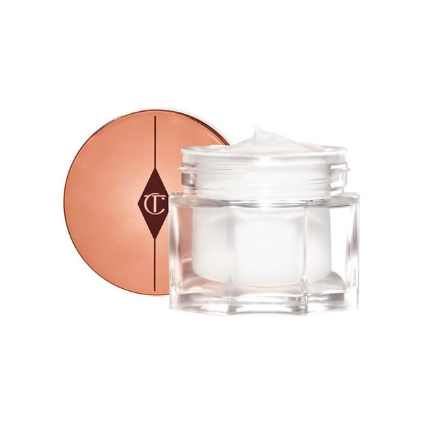
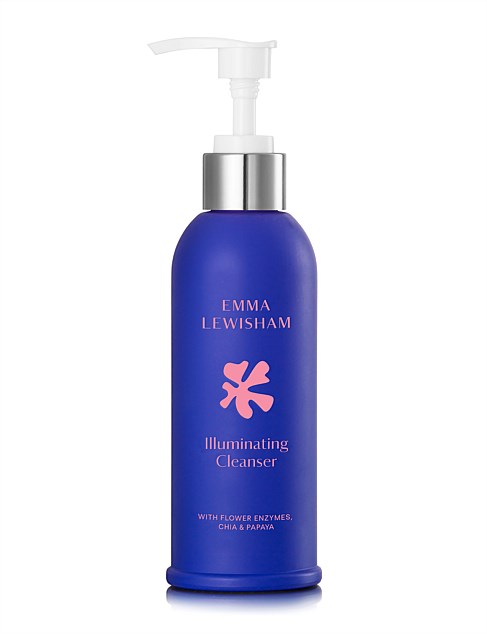
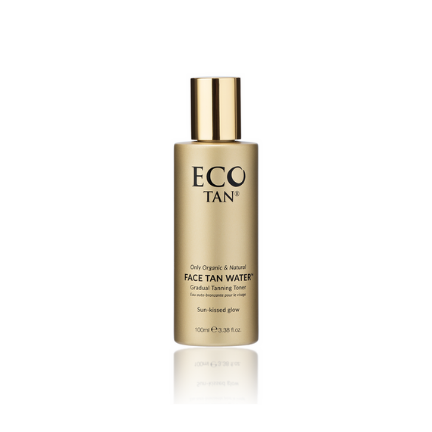
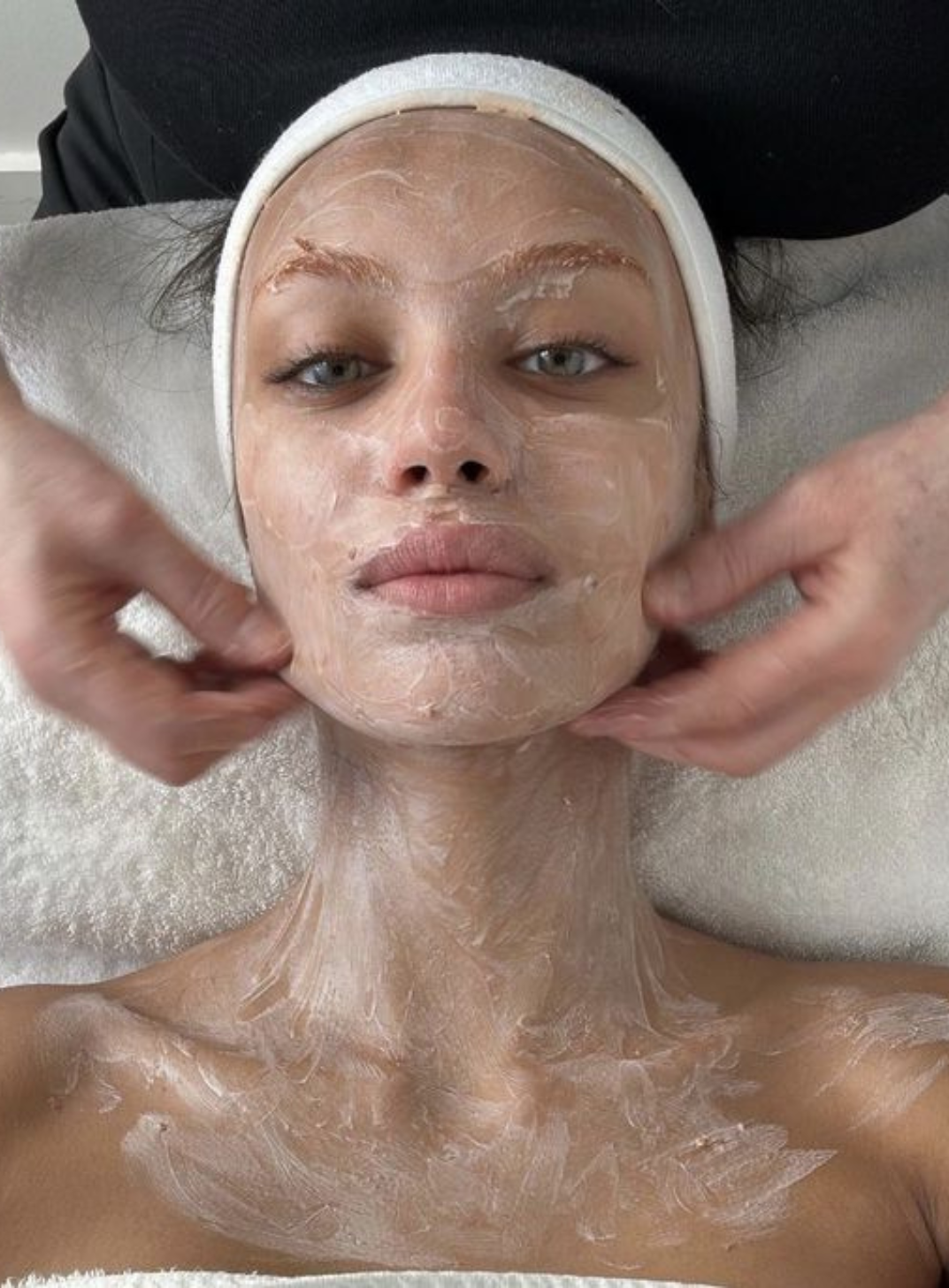

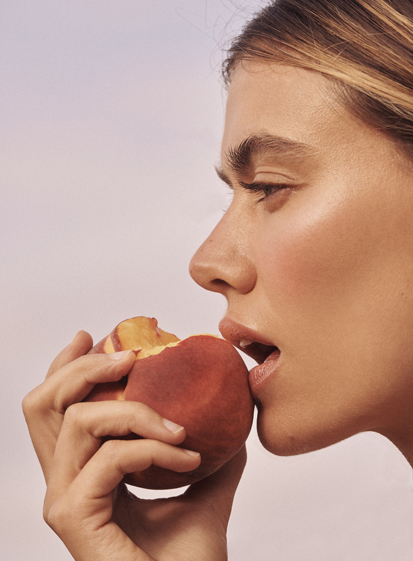







Comments